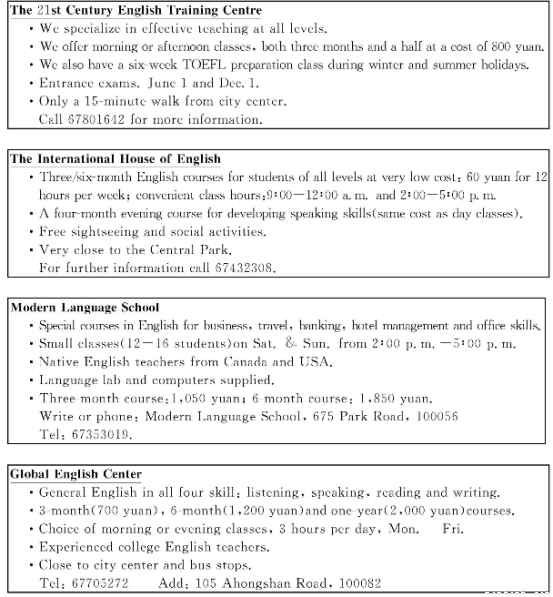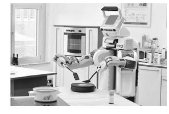题目内容
Schooling Matters
March 25, 2014 Chengdu Michelle Obama
You see, the truth is that I grew up like many of you. My mom, my dad, my brother and I, we lived in a tiny apartment in Chicago, which is one of the largest cities in America. My father worked at the local water plant…
While we certainly weren’t rich, my parents had big dreams for me and my brother. They had only a high school education themselves, but they were determined to send us both to universities.
So they poured all of their love and all of their hope into us, and they worked hard. They saved every penny. And I know that wasn’t easy for them, especially for my father. You see, my father had serious illness called multiple sclerosis(多发性硬化症). And as he got sicker, it got harder for him to walk, and it took him longer to get dressed in the morning.
But no matter how tired he felt, no matter how much pain he was in, my father hardly ever missed a day of work, because he was determined to give me and my brother a better life. And every day, like so many of you, I felt the weight of my parents’ sacrifices on my shoulders. Every day, I wanted to make them proud.
So, while most American kids attend public schools near their homes, when it was time for me to attend high school, I took an exam and got into a special public high school where I could get a better education. But the school was very far from my h ome, so I had to get up early every morning and ride a bus for an hour, sometimes an hour and a half if the weather was bad. And every afternoon, I’d ride that same bus back home and then immediately start my homework, often studying late into the night – and sometimes I would wake up at 4:30 or 5:00 in the morning to study even more.
ome, so I had to get up early every morning and ride a bus for an hour, sometimes an hour and a half if the weather was bad. And every afternoon, I’d ride that same bus back home and then immediately start my homework, often studying late into the night – and sometimes I would wake up at 4:30 or 5:00 in the morning to study even more.
And it wasn’t easy. But whenever I got tired or discouraged, I would just think about how hard my parents were working for me. And I would remember something my mother always told me – she said, “A good education is something that no one can take away from you.”
1.The passage can be sorted as a .
A. self-introduction B. short story C. news report D. speech draft (草稿)
2.Which of the following is TRUE about Michelle Obama and her family?
A. Her parents were poor but had good educational backgrounds.
B. She attended a public high school near her home.
C. Her father suffered a serious disease and became disabled.
D. She was aware of her parents’ sacrifices and expectations.
3.Which of the following words best describes Michelle’s father?
A. Optimistic. B. Humorous. C. Strong-minded D. Generous
4.What does Michelle mainly want to tell readers in this excerpt?
A. We should work hard and get good educations.
B. Our parents always have high expectations for us.
C. She is an ordinary person from an ordinary family.
D. The road to the US First Lady is not easy.
1.D
2.D
3.C
4.A
【解析】
试题分析:这篇文章是米歇尔奥巴马在2013年在成都做的演讲,介绍自己的童年,特别是父母对于她的教育付出的努力和牺牲,想让读者知道我们要努力获得好的教育。
1.
2.
3.
4.
考点:考查教育类短文


